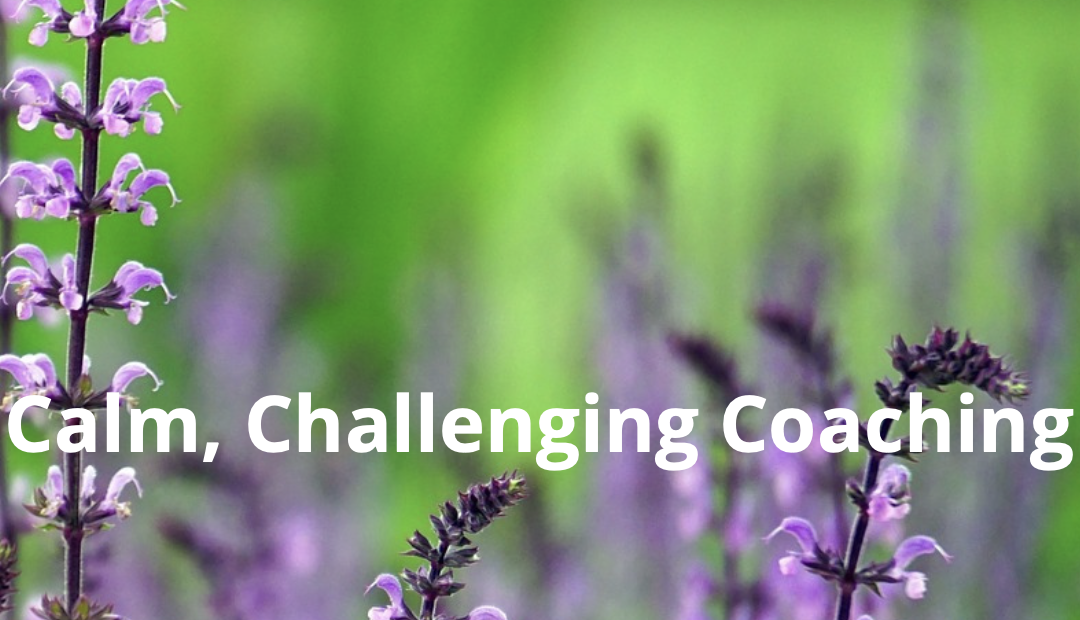The last couple of weeks I have been guilty of procrastination. There have been too many things on my list of tasks and too many choices of exciting new projects in front of me. So what have I done? Binged on Netflicks… that haven for procrastinators and sloth. But this morning is different. I woke up and started the day with a swim, something that I haven’t done for a few weeks. It was blissful, cutting through the water with no-one else around and focusing on nothing else but the feeling of the water on my skin, the breaths I was taking and the slow count of the laps (no, I am not going to admit to how few I managed). It got me thinking about the power of anchoring our attention for a while, mindfulness.

Now I was skeptical about mindfulness when I first heard about it, thinking it might be just some boring meditation thing that was a bit puffed up and the in thing. However, that was before I actually started to study it as part of my masters course and realized I had been practicing it without knowing for years. Also, I believed it worked and there is a lot of research that backs up claims that it can increase attention, relax you, ease pain, and improve creativity and performance at work or school.
When pregnant I was taught how to breathe through my pain. They made it sound so easy, which it wasn’t. However anchoring your attention on your breathing is just one mindfulness technique that I use with clients who either have mild anxiety attacks, who are just nervous of making that presentation, or need to have a difficult conversation with a friend or colleague.
Focusing on the breath
In its simplest form, take a few minutes just to focus on your breathing. Focus your eyes on something small and close – it may be a spot on the wall, or you may choose to close your eyes and see the inside of your eyelids. Then breathe.
Feel your ribs moving up and down, and the touch of the fabric of your clothes as your chest expands and contracts. Feel the air moving in through your mouth or nose and notice if it is warm or cold. Listen to the air being released back out from your lungs and notice how deeply you are breathing. Deepen your breaths. Slow your breaths and feel your heart beating and slowing to a more relaxed pace as your mind starts to control the speed of your breath and your body starts to respond by relaxing. Keep breathing, keeping your focus on that spot for a minute or two, then slowly bring your consciousness back to the rest of the world. You should feel yourself calmer, more relaxed and with a clearer head, able to think more clearly and focus on the tasks ahead.
Square breathing
If you find yourself starting to feel anxious, then sometimes it is easier to grab the attention of your mind by counting your breaths. This is a more active anchoring of attention in some ways and is very simple to learn. Again focus on something, anything, and start to count to four. Count your breath in for four, hold it for four, then release it for four, before taking a pause (you guessed it, for four) before starting the cycle again. If your breath was becoming rapid and shallow as your anxiety started to rise, then by controlling the breathing and slowing it down by slowing your counting you actually signal to the unconscious mind that the danger has passed. The wonderful thing about this is that no-one else can see that you are doing it, and you can do it anywhere. Breathing is free.

Like anything, practice improves your ability to perform. So when life starts to get hectic, take a few minutes to breathe. In the grand scheme of things the time you are taking ‘out’ will make little or no difference to how long your task list is, but by anchoring your attention and focus, when you do go back to the list, you are likely to be able to see the priorities a little more clearly.
This morning, by swimming and focusing on my stroke, the feel of the water and the pattern of breathing, I anchored my attention enough to write this post. I am also ready to face the growing list of tasks I have been putting off for the last two weeks.







